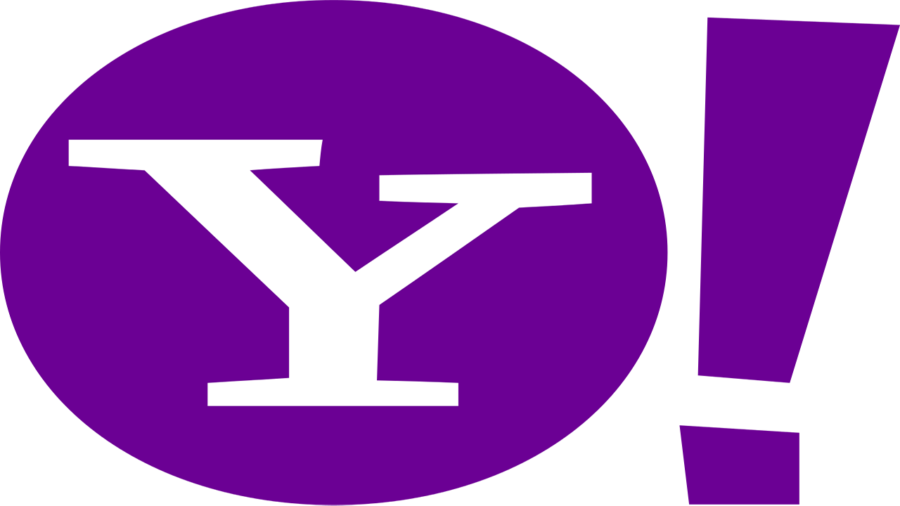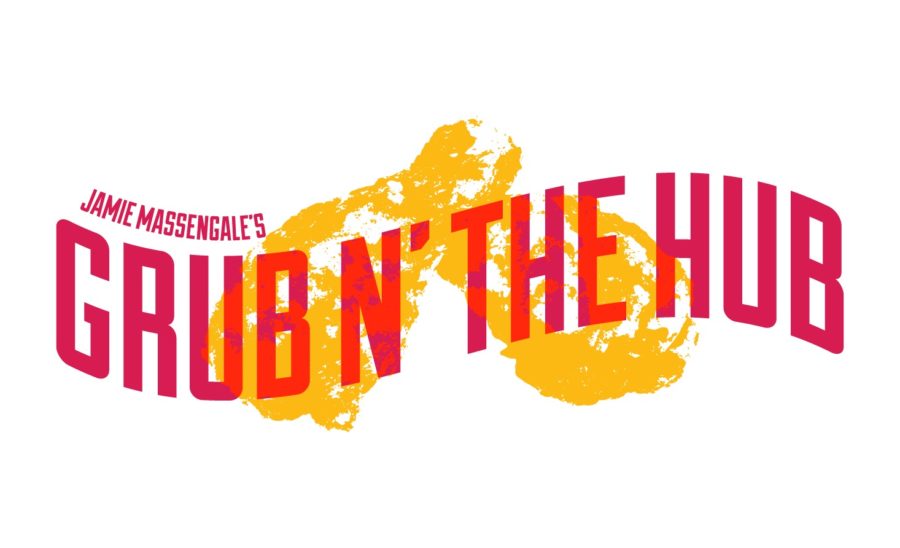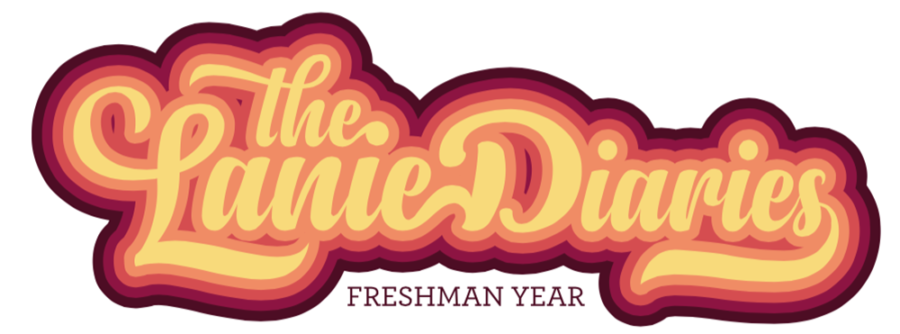On Jan. 5, an employee at Yahoo Finance made a huge typo when tweeting a story about president-elect Donald Trump’s desire to have 350 ships in the navy. The headline read, “Trump wants a much n***er navy: Here’s how much it’ll cost,” replacing the word “bigger.” Black Twitter took the mistake in stride by creating the trending hashtag #N***erNavy.
Critics of Yahoo inquired about the company’s autocorrect, assuming that an employee has used the N-word so many times on one of the company’s devices that the device no longer attempts to correct the user. However, I debunked that theory by typing the word in a drafted tweet, and I was not prompted by autocorrect to change the word. Autocorrect is for spelling errors, not policing hate speech.
Therefore, the typo was clearly accidental; the “B” and “N” keys are right next to each other, after all. It is simply a shame that the employees at Yahoo did not notice and apologize for their mistake until 45 minutes later, for the company (rightfully) became a laughing stock.
However, what is notable about Yahoo’s mistake is the black community’s show of reappropriation, which is the act of reclaiming derogatory language used to describe a group of people.
Examples of reappropriation would be masculine-identifying lesbians calling themselves “dykes,” or Southerners proudly identifying as “rednecks.”
And of course the most popular example: black people calling themselves the N-word–most often replacing the hard “R” with an “A” at the end of the word – in music and in real life interactions between friends.
Use of the word has been debated inside and outside the black community for years. For black people, saying the word can be empowering or just plain friendly. As Jay Z explained in his 2009 interview with Oprah Winfrey, “People give words power. Our generation – what we did was we took the word, and we took the power out of that word. We turned a word that was very ugly and hurtful into a term of endearment.”
While I do not believe that the power has been taken out of the word, I do agree that it is used as a genuine form of endearment. I personally do not use the word to describe my friends. The only time you will catch me saying it is if I’m attempting to sing along to rap music, which I only recently became comfortable doing. However, I do respect the right of other black people to use the word in conversation with other black people, because the meaning is often well-intended.
So of course I supported black Twitter using Yahoo Finance’s faux pas as a way of building community through exclusive jokes. The problem came when people of other races, mostly white people, tried using the exclusive hashtag, bringing up the tired debate of the N-word.
The most common question that has been posed when discussing who has the right (if any) to say the word is: If black people can say it, why can other groups not say it?
I would think that the answer is simple. Because of the historical, racist connotation of the N-word that originated from white people due to a power imbalance, there is almost no way for a person of another race other than black to refer to someone as that word without retaining the original meaning of the word.
It does not matter if anyone of another race (and I mean anyone other than black people) says the word with the hard “R” or replaces it with an “A.” The word still has racist undertones. There is a hard, harsh power behind that word that should not have to be explained. If anything, the fact that I personally, as a black female, have to question the underlying intentions of the person saying it should be enough to make others not want to say it in conversation.
But still, there are people, white people and people of other minority groups, who insist on saying it.
Despite your stance on political correctness, why go through the trouble of potentially being called racist? What makes you want to say that word so badly that you are willing to disregard black people’s feelings?
I blame it on America’s (disingenuous) message of the melting pot, where we happily share and exchange cultures.
We live in a society that teaches us that we have to share everything – not just physical items but anything personal (like cultural traditions) as well, which often leads to cultural appropriation – another thing that people are tired of hearing about but refuse to stop doing. Weird.
Sorry, Becky and John, but just because you heard the word said in a rap song at a frat party, or have black friends who insist that you too are invited to the cookout because you are “black on the inside” or because you play basketball (yes, someone actually used that as an excuse) does not mean that you can say the word without repercussions.
I despise victimizing the black community because I feel like it is dangerous to remain in a “woe is me” mindset, but because black people were (and still are) the original victims of the word and its meaning, I believe that they do get to decide when the use of the word is appropriate.
That is the right of any group who has been targeted with a slur. They make the rules, and everyone else has to deal with it. It is that simple. The truth is that everything is not everybody. Call it another annoying case of political correctness or an example of being a typical “snowflake” (as Tomi Lahren calls it) if you want to, but your racist undertones are showing.
While I am certain that Yahoo Finance did not intend for the hashtag #N***erNavy to be a trending topic, much less a discussion on reappropriation to be born out of their mistake, I believe that the black community is going into 2017 with the right attitude. The act of being unbothered and turning an offensive situation into something comical and community-building is nothing less than inspiring.
And while I would definitely not be surprised if our president-elect Donald Trump did actually say that he wants a n***er navy as much as he wants to build a wall and be Putin’s bestie, we can find comfort in the fact that he did not.






























